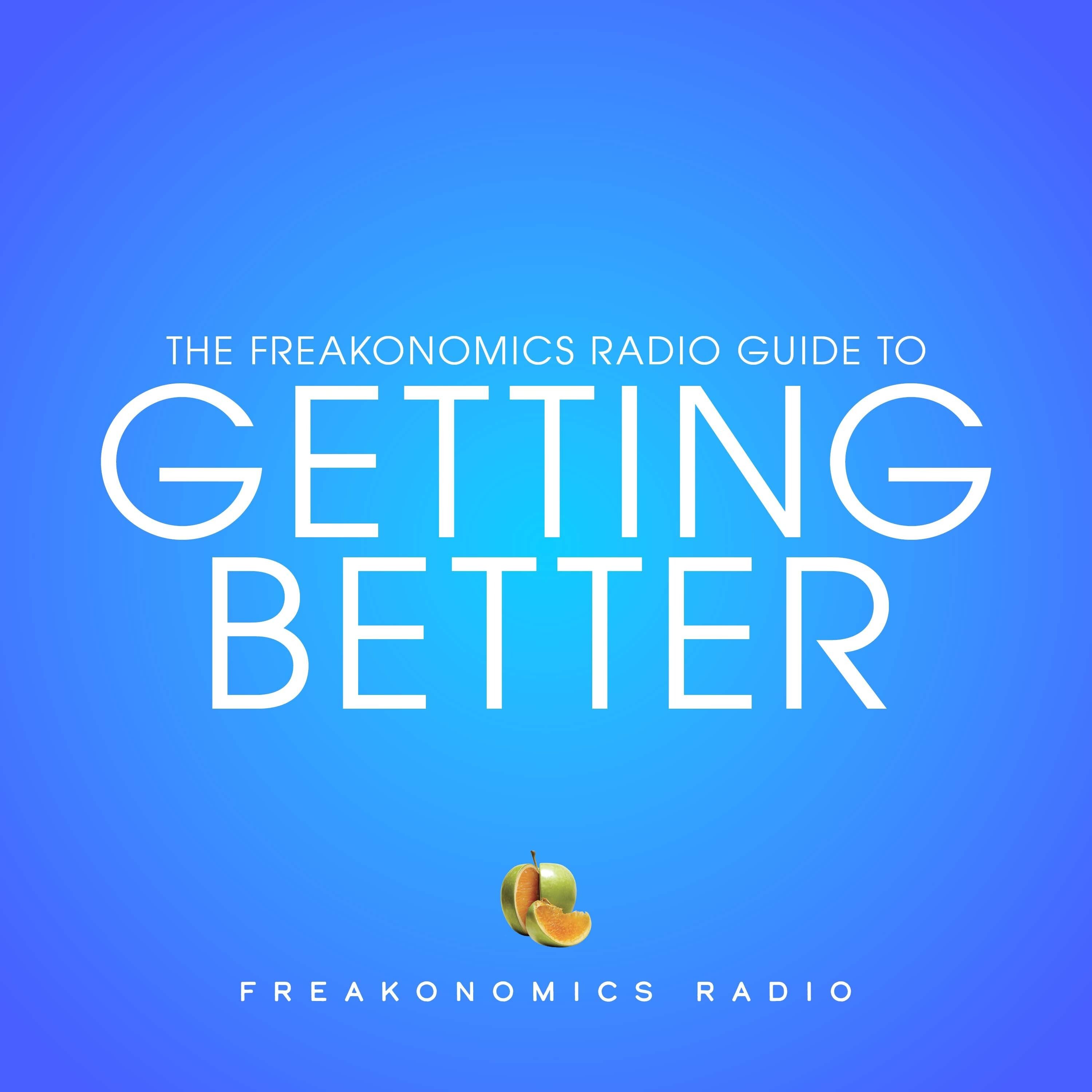Freakonomics Radio
Zeke Emanuel (a physician, medical ethicist, and policy wonk) has some different ideas for how to lead a healthy and meaningful life. It starts with ice cream. (Part three of “The Freakonomics Radio Guide to Getting Better.”)
- SOURCES:
- Zeke Emanuel, oncologist, bioethicist, professor at the University of Pennsylvania.
- RESOURCES:
- Eat Your Ice Cream: Six Simple Rules for a Long and Healthy Life, by Zeke Emanuel (2026).
- “Nutrition Science’s Most Preposterous Result,” by David Merritt Johns (The Atlantic, 2023).
- EXTRAS:
- “Is Ozempic as Magical as It Sounds?” by Freakonomics Radio (2024).
- “The Suddenly Diplomatic Rahm Emanuel,” by Freakonomics Radio (2023).
- “Ari Emanuel Is Never Indifferent,” by Freakonomics Radio (2023).
- “What’s the “Best” Exercise?” by Freakonomics Radio (2014).
Hosted by Simplecast, an AdsWizz company. See pcm.adswizz.com for information about our collection and use of personal data for advertising.

510. What Problems Does Crypto Solve, Anyway?
Boosters say blockchain technology will usher in a brave new era of decentralization. Are they right — and would it be a dream or a nightmare? (Part 3 of “What Can Blockchain Do for You?”)
509. Are N.F.T.s All Scams?
Some of them are. With others, it’s more complicated (and more promising). We try to get past the Bored Apes and the ripoffs to see if we can find art on the blockchain. (Part 2…
508. Does the Crypto Crash Mean the Blockchain Is Over?
No. But now is a good time to sort out the potential from the hype. Whether you’re bullish, bearish, or just confused, we’re here to explain what the blockchain can do for you. (Part 1…
507. 103 Pieces of Advice That May or May Not Work
Kevin Kelly calls himself “the most optimistic person in the world.” And he has a lot to say about parenting, travel, A.I., being luckier — and why we should spend way more time on YouTube.
506. What Is Sportswashing (and Does It Work)?
In ancient Rome, it was bread and circuses. Today, it’s a World Cup, an Olympics, and a new Saudi-backed golf league that’s challenging the P.G.A. Tour. Can a sporting event really repair a country’s reputation…
505. Did Domestic Violence Really Spike During the Pandemic?
When the world went into lockdown, experts predicted a rise in intimate-partner assaults. What actually happened was more complicated.
504. Introducing “Off Leash”
In this new podcast from the Freakonomics Radio Network, dog-cognition expert and bestselling author Alexandra Horowitz (Inside of a Dog) takes us inside the scruffy, curious, joyful world of dogs. This is the first episode…
503. What Is the Future of College — and Does It Have Room for Men?
Educators and economists tell us all the reasons college enrollment has been dropping, especially for men, and how to stop the bleeding. (Part 4 of “Freakonomics Radio Goes Back to School.”)
Abortion and Crime, Revisited (Ep. 384 Update)
As the Supreme Court considers overturning Roe v. Wade, we look back at Steve Levitt’s controversial research on an unintended consequence of the 1973 ruling.
502. “I Don’t Think the Country Is Turning Away From College.”
Enrollment is down for the first time in memory, and critics complain college is too expensive, too elitist, and too politicized. The economist Chris Paxson — who happens to be the president of Brown University…
